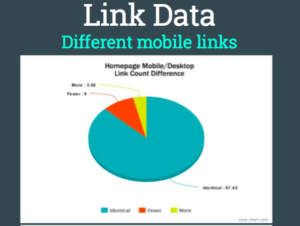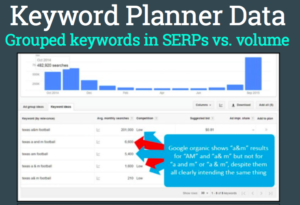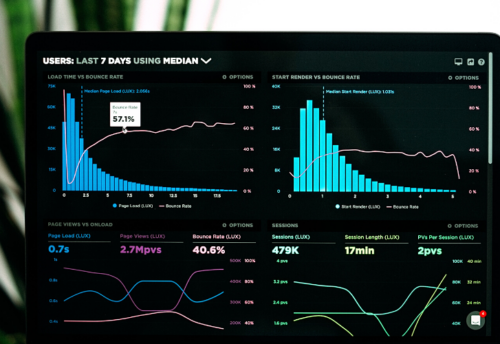
MozCon 2018: Lies, Damned Lies & Analytics
The following post is part of WTWH Media Marketing Lab’s ongoing blog series from MozCon 2018.
SEO involves lots of numbers: links, rankings, bounce rates, loads times, and revenue. SEO veteran Russ Jones explained during his presentation at MozCon, “Lies, Damned Lies & Analytics,” that the data marketers depend on to make decisions is often messy and sometimes misleading.
Jones further broke down by data source how the data we are receiving is often muddled and at times, inaccurate.
Data Source: Google Analytics
Challenge: Mislabels well known search engines
“If it’s a subdomain Google doesn’t count it as organic traffic. If you’re doing a great job picking up search results across the web, not just Google or Bing or major search engines, you’re missing out,” Jones said.
Data Source: Search Console
Challenge: Calculates position by impressions
Jones described this as running in the Olympics. You run 100 different races, you lose almost every race, and during the last race everyone goes home but you stick around. You win the last race because no one else is participating. Google shows up and takes a picture of you as number one on the podium and uses this to determine your average position even though you ran poorly in every other race. He calls this “podium-first count.” He further explained, “If you rank 1,000 and nobody ever sees it, it doesn’t count against you. You’re only being counted when you win.”
Data Source: Backlink Indexes
Challenge: Different mobile links
Jones did some research on mobile-first index and found that 12% of pages on the Internet deliver different links if you have a mobile bot versus a desktop. He went on to say that major or minor indexes like Moz or SEMrush crawl with a mobile bot. That results in different links being in Google index than Moz or other link indexes.
Data Source: Rank Tracking
Challenge: Featured snippets change with size of Search Engine Results Page (SERP)
“Rankings data changes based on the size of the SERP. If you get the top 50 SERP results, the featured snippet at the top can come from anywhere. Position 40, 50, 60, it doesn’t matter,” Jones said.
Data Source: Keyword Planner
Challenge: Groups keywords in SERPs vs. volume
Google groups keywords differently in Keyword Planner than they do in SERPs.
So what can we do to wade through this messy data? “Examine all your data sources, inform sources of errors, and demand better data,” Jones answered.
Russ Jones is a veteran of SEO, he spent a decade as Chief Technology Officer of an agency before joining Moz to focus on research and development, primarily related to keyword and link data





Leave a Comment
You must be logged in to post a comment.